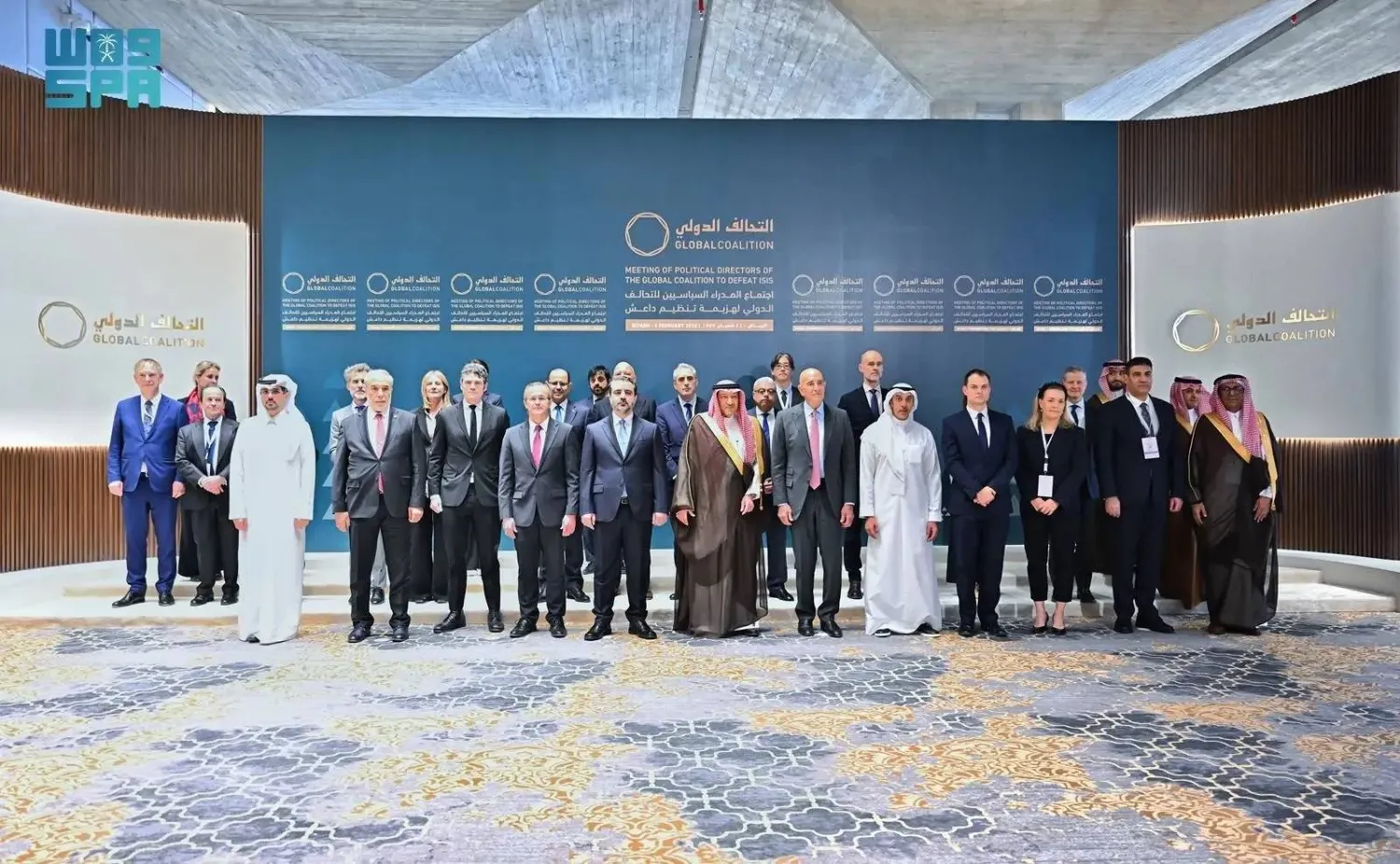The Saudi government underlined on Tuesday its position at the extraordinary Arab-Islamic summit during which it stressed its continued efforts to bolster collective work to stop the barbaric war on Gaza and lift the siege on the Palestinian enclave.
Custodian of the Two Holy Mosques King Salman bin Abdulaziz chaired the cabinet meeting that was held in Riyadh.
The cabinet held Israeli authorities responsible for the crimes committed in Gaza, reiterating the Kingdom’s support for the Palestinian people so that they can achieve their legitimate rights, starting with the establishment of their independent state with East Jerusalem as its capital.
The ministers were briefed on the two messages King Salman received from Burkina Faso’s interim president and Mali’s transitional president. They were briefed on the message received by Prince Mohammed bin Salman bin Abdulaziz, Crown Prince and Prime Minister, from the Sultan of Oman.
The cabinet reviewed the talks and consultations held by the Crown Prince with leaders of several brotherly and friendly countries, at bilateral and multilateral levels, as part of the Kingdom's efforts to boost its international partnerships, continue its leading role to achieve peace and security in the region, and mobilize collective action toward achieving more global stability, progress and prosperity.
The cabinet praised the positive outcome of the Saudi-African Summit held in Riyadh last week. They hoped it will lead to a significant leap in cooperation and partnerships between Saudi Arabia and African countries, mainly through development projects, programs initiated by King Salman in Africa, other agreements and memorandums of understanding, and new investments and funds offered to various sectors.
The cabinet reiterated the Kingdom's declaration at the Gulf Cooperation Council interior ministers' meeting that it is important to intensify cooperation and joint security coordination given the challenges facing the region and world that have led to a spike in violence, terrorism, extremism, instability, and cross-border organized crime.
The cabinet reviewed the outcomes of the inaugural meeting of the Saudi-Omani Coordination Council, which was held in Muscat on Monday. It praised the strong relations between the two countries and the continuous progress and development in various fields.
Moreover, the cabinet highlighted the Kingdom's active role in bolstering the goals of the Organization of Islamic Cooperation (OIC) and its efforts to safeguard women's rights while encouraging their engagement in development initiatives in member nations.
It underlined Saudi Arabia’s hosting of the International Conference on Women in Islam that adopted the Jeddah Document on Women's Rights in Islam. The document serves as a vital legislative and intellectual framework aimed at advancing the empowerment of women in Islamic societies.









